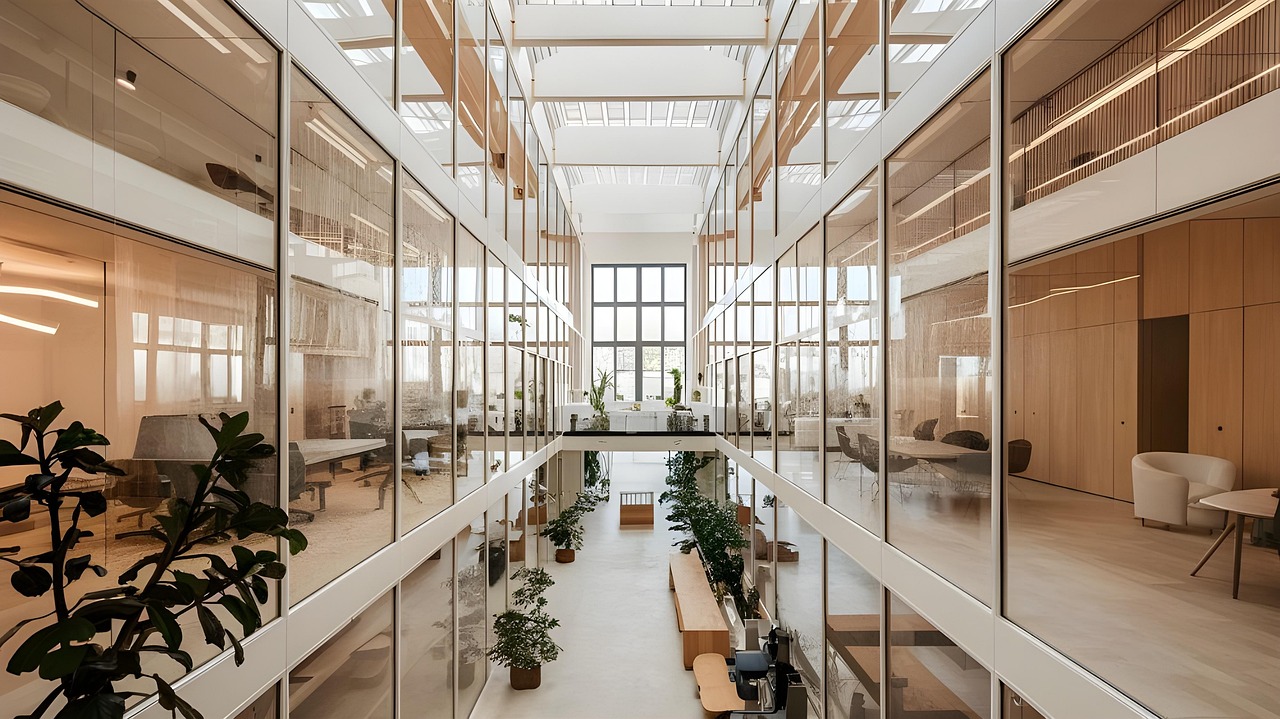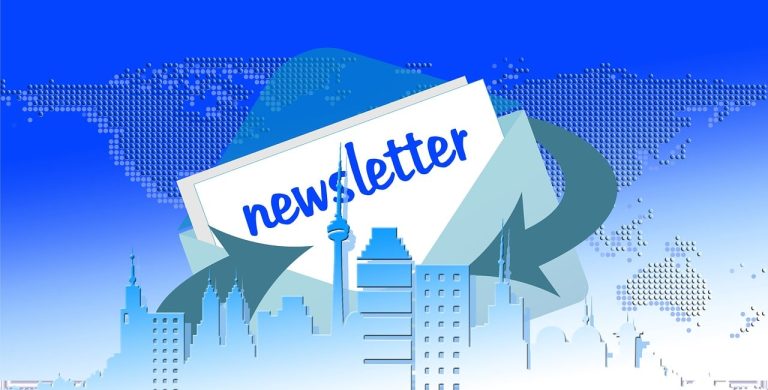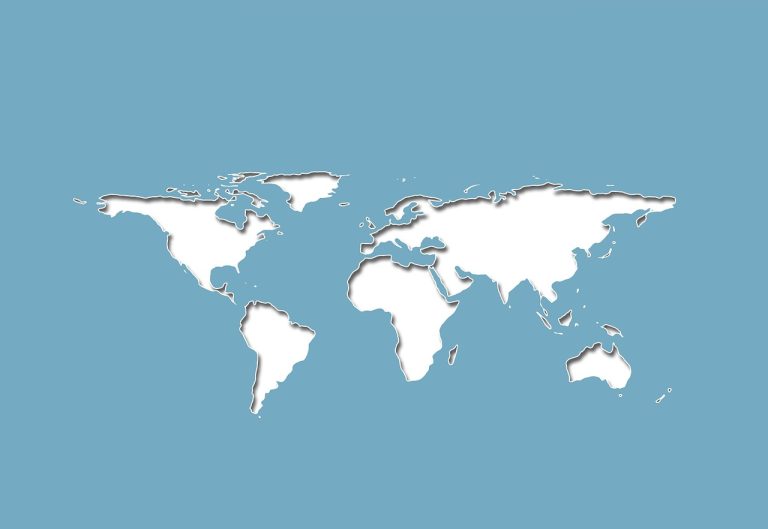
How the Recent Political Developments in the Philippines are Shaping its Democracy
In recent years, the political landscape of the Philippines has undergone significant changes, raising questions and discussions about the state of democracy in the country. These developments are not only crucial for the Filipinos but also for international observers who see the Philippines as a vital player in Southeast Asia. This blog post delves deeply into recent political changes in the Philippines, examining how they are reshaping its democratic fabric.
A Brief Overview of the Philippine Political System
The Philippines follows a democratic republic system with a presidential form of government. The President serves as both the head of state and government, elected for a six-year term without the possibility of re-election. The country’s political framework is built on three branches: the executive, the legislative, and the judiciary. This separation of powers is designed to ensure checks and balances, crucial for a functioning democracy.
However, political dynamics in the Philippines have often been characterized by strong personalities and dynastic politics, which have both positive and negative impacts on the country’s democratic processes. The evolution of these dynamics is crucial in understanding the current political climate.
Rise of Populism and Its Impact
In recent years, populism has become a significant force in Philippine politics. The election of President Rodrigo Duterte in 2016 marked a shift towards a more populist approach, appealing to the masses with promises to combat crime and corruption. Duterte’s administration has been noted for its controversial war on drugs policy, which has drawn criticism from human rights organizations worldwide.

The rise of populism in the Philippines is a reflection of broader global trends. Populist leaders often capitalize on public dissatisfaction with traditional political elites, promising swift and decisive action. In the Philippines, this approach has resonated with many voters who feel disillusioned by the slow pace of reform and persistent socio-economic issues.
Challenges to Media Freedom
Another significant development affecting Philippine democracy is the state of media freedom. Media outlets have faced increasing pressure and challenges, raising concerns about freedom of expression. For example, the shutdown of ABS-CBN, one of the country’s largest broadcasting networks, in 2020, was seen by many as a politically motivated move.
Media freedom is a cornerstone of democracy, ensuring that the public remains informed and government actions are held accountable. The challenges faced by the media in the Philippines highlight the delicate balance between state power and democratic freedoms. International organizations like Reporters Without Borders have called attention to these issues, urging the Philippine government to uphold press freedom.
Electoral Reforms and Voter Participation
Electoral reforms are another critical aspect of the Philippines’ democratic evolution. Efforts to improve the electoral process have been ongoing, with the intention of making elections more transparent and accessible. The introduction of automated voting systems and the push for cleaner election processes are steps in the right direction.
Voter participation remains a key indicator of democratic health. According to the Commission on Elections (COMELEC), voter registration has seen an uptick, particularly among the youth, which is a promising sign for future elections. Engaging young voters is essential for ensuring that future governments are reflective of the population’s diverse needs and aspirations.

The Role of Social Media in Politics
Social media has transformed how political information is disseminated and consumed in the Philippines. Platforms like Facebook and Twitter play a crucial role in shaping public opinion and political discourse. While they provide opportunities for greater civic engagement, they also pose challenges, such as the spread of misinformation and the polarization of public opinion.
The influence of social media on Philippine politics cannot be understated. Political campaigns increasingly rely on these platforms to reach voters, and the impact of social media on election outcomes has become a subject of study and debate. Understanding this digital landscape is vital for comprehending the nuances of modern Philippine democracy.
Advancements in Human Rights and Social Justice
Human rights issues remain at the forefront of political developments in the Philippines. The government has faced scrutiny from the international community regarding its human rights record, particularly concerning its approach to crime and dissent. Organizations such as Amnesty International have been vocal in calling for reforms and accountability.
Despite these challenges, there have been advancements in social justice and human rights advocacy. Civil society groups continue to work tirelessly to promote human rights and hold the government accountable, demonstrating the resilience of democratic institutions in the face of adversity.
The Future of Philippine Democracy

The future of democracy in the Philippines is a subject of both hope and concern. As the country navigates its political challenges, the resilience of its democratic institutions will be tested. It is crucial for the government, civil society, and the international community to work together to ensure that democratic principles are upheld.
Looking ahead, the Philippines has the opportunity to strengthen its democracy by embracing reforms, ensuring transparency, and fostering a political culture that values dialogue and inclusivity. The role of the international community, in providing support and holding the government accountable, will also be vital in this journey.
Takeaways
The recent political developments in the Philippines are reshaping its democracy in profound ways. From the rise of populism to challenges in media freedom, these changes present both opportunities and obstacles. As the country continues to evolve, it is imperative for all stakeholders to engage constructively in shaping a democratic future that reflects the aspirations of the Filipino people.
Understanding and responding to these developments requires a commitment to democratic principles and a willingness to adapt to new realities. The path forward may be fraught with challenges, but with concerted effort and collaboration, the Philippines can continue to uphold its democratic ideals and achieve a more just and equitable society.
The Importance of Civic Engagement
Civic engagement is a crucial component of a thriving democracy. In the Philippines, there has been a growing awareness and participation among citizens in political activities beyond just voting. Grassroots movements and non-governmental organizations have been instrumental in advocating for social change and holding the government accountable.
Participatory governance, where citizens have a direct say in policy-making, is gaining traction. This approach not only strengthens democratic institutions but also ensures that the voices of marginalized communities are heard. For instance, community-driven initiatives focusing on local issues, such as environmental conservation and poverty alleviation, have shown promising results in fostering civic responsibility.

Decentralization and Local Governance
Decentralization has been another significant development in the Philippine political landscape. By transferring more power and resources to local governments, the aim is to make governance more responsive and effective at the grassroots level. This shift allows local leaders to address the specific needs of their communities more directly.
However, decentralization also presents challenges, such as ensuring that local governments have the capacity and resources to manage their new responsibilities. Continued support and capacity-building initiatives are essential to ensure that decentralization leads to improved governance and service delivery.
Economic Factors and Political Stability
Economic factors play a vital role in shaping political stability and democracy in the Philippines. The country’s economic policies and growth trajectories have significant implications for its political landscape. Economic inequality remains a pressing issue, with disparities in wealth and access to resources contributing to social tensions.
Efforts to boost economic development must be inclusive and sustainable, addressing the root causes of poverty and inequality. Policies that promote job creation, education, and healthcare can contribute to a more stable and equitable society, ultimately strengthening democratic governance.
International Relations and Democratic Influence
The Philippines’ position in the international arena also impacts its democracy. As a member of regional and global organizations, the country is influenced by international norms and standards. The Philippines’ relationships with countries like the United States and China have significant implications for its foreign policy and domestic governance.

International partnerships can play a role in supporting democratic initiatives and reforms. For instance, foreign aid and development programs can help strengthen democratic institutions and promote human rights. However, it is crucial that such partnerships respect the Philippines’ sovereignty and align with its national interests.
The Role of Education in Democracy
Education is a cornerstone of a healthy democracy, as it empowers citizens with the knowledge and skills needed to participate fully in the political process. In the Philippines, efforts to enhance the quality of education and ensure equitable access are ongoing challenges.
Educational reforms that focus on critical thinking, civic education, and digital literacy are essential to prepare citizens for active participation in a democratic society. By fostering an informed and engaged citizenry, the Philippines can build a more resilient democracy capable of adapting to future challenges.
Final Thoughts
The political developments in the Philippines present a complex and evolving picture of democracy in action. While there are significant challenges, there are also opportunities for growth and improvement. By embracing reforms, promoting civic engagement, and ensuring inclusive economic development, the Philippines can continue to strengthen its democratic institutions.
As the world watches, the Philippines’ journey toward a more robust democracy serves as a reminder of the importance of vigilance, participation, and commitment to democratic ideals. The path forward requires cooperation, innovation, and a shared vision for a better future for all Filipinos.
Ultimately, the resilience of the Filipino people and their dedication to democratic principles will be the driving force behind the country’s progress. By addressing the challenges head-on and seizing opportunities for positive change, the Philippines can continue to be a beacon of democracy in the region.






